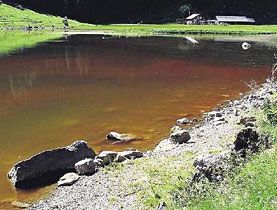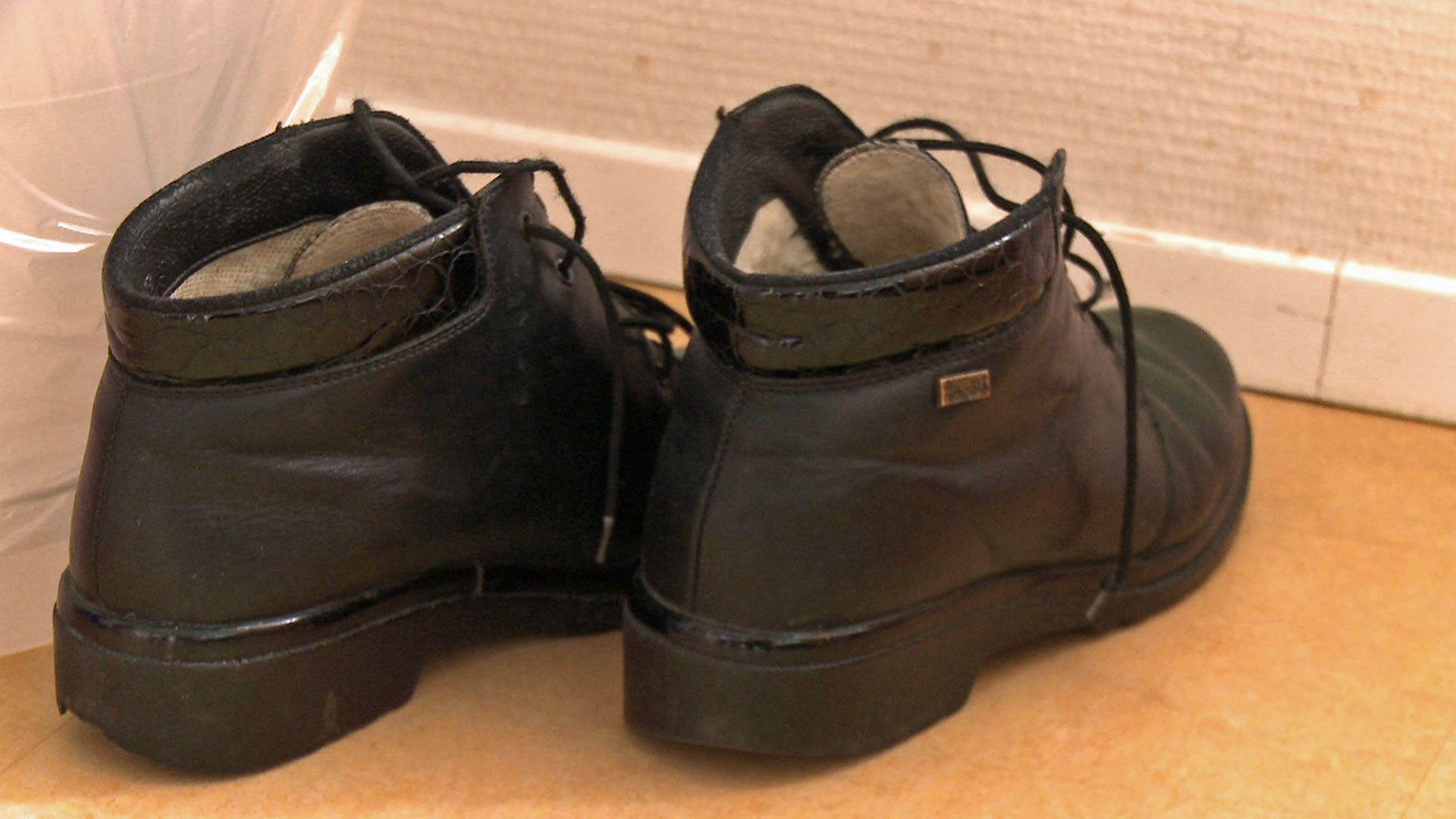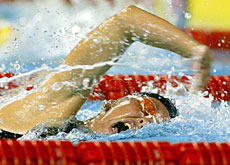
Swiss tennis serves warning over doping threat

The world of tennis has been rocked by a series of doping scandals, with a number of players testing positive for the banned steroid, nandrolone.
Earlier this month Britain’s Greg Rusedski joined the list, prompting Switzerland’s tennis federation to issue fresh warnings about the risks associated with banned substances.
Speaking last week at the Australian Open, Switzerland’s Roger Federer was clearly irritated about the effect the scandals were having on players’ morale.
“We can’t go on like this if, every time we take a nutritional supplement or an energy drink, we could be putting our health and our reputation at risk,” he said in Melbourne.
Federer is one of several players who are unhappy with the fallout from a string of positive doping tests.
The latest, involving Rusedski, has made many observers of the game question the players’ ability to maintain a high level of performance throughout the year.
All around the courts in Melbourne, talk has focused on the use of banned substances. Forty-three of the top 120 players are rumoured to have tested positive for abnormal levels of steroids.
Banned substances
Matters have hardly been helped by the ATP’s admission that its trainers continued to give players nutritional supplements until May 2003, despite warnings that they could cause a positive drugs test.
The former world number one, John McEnroe, told reporters he was given, without his knowledge and over a period of six years, a steroid used normally for horses.
“It’s hard to say who was cheating, since some players didn’t knowingly take banned substances,” said Alain Rostan, doctor to the Swiss Davis Cup team.
Rostan told swissinfo there had also been problems in the past with a substance called creatine.
It is legal to use creatine to help the body recover after intense physical efforts, but associated with other products, such as nandrolone, it can have other effects.
Pierre Paganini, one of Swiss team’s trainers, has spent a lot of time trying to convince young players not to use creatine.
“It’s all about educating players,” he said. “I tell them they shouldn’t use creatine, even if it is legal.”
Paganini, who oversees the Davis Cup players’ physical preparation, believes there is no need to use doping substances to get to the top.
“You can become an incredibly good athlete simply through hard work,” he told swissinfo.
“If you plan your training properly, you can bulk up quite significantly. The main thing is to give your body time to develop.”
Effects of doping
According to Paganini and Rostan, Switzerland’s professional players agree with this position. Doping has been discussed by both the Swiss Tennis Federation and by the Swiss Davis Cup team.
Experience has shown that trust and the exchange of information among players and trainers are the best ways to combat doping.
“The biggest problem for a player is getting the right information,” admitted Jakob Hlasek, the former Swiss number one. “He needs to know what he is allowed to take and why.”
“For somebody who might be only 16 or 18 years old that’s very difficult, so he has to trust his doctor or his masseur.”
Hlasek reckons the latest doping scandals in the tennis world will make people sit up and think long and hard about the effects of doping.
“Until now, there had only been a few isolated cases here and there,” he told swissinfo. “With a lot more cases being registered, we will be able to educate young players much better.”
swissinfo, Mathias Froidevaux (translation : Scott Capper)
Positive doping tests have been on the rise among professional tennis players.
Britain’s Greg Rusedski is the most recent high-profile case – he tested positive for the banned steroid, nandrolone.
Rusedski claims he is innocent and says that 43 of the world’s top 120 players have tested positive for illegal steroid use.
The Rusedski case is just one of three recent doping scandals in the tennis world.
The ATP has not ruled out that players might have been contaminated again by nutritional supplements, as was the case last year.
Nandrolone allows users to bulk up on muscle and also heightens confidence and aggressiveness.
Former champion John McEnroe has admitted he unwittingly took banned substances for six years.

In compliance with the JTI standards
More: SWI swissinfo.ch certified by the Journalism Trust Initiative










































You can find an overview of ongoing debates with our journalists here . Please join us!
If you want to start a conversation about a topic raised in this article or want to report factual errors, email us at english@swissinfo.ch.